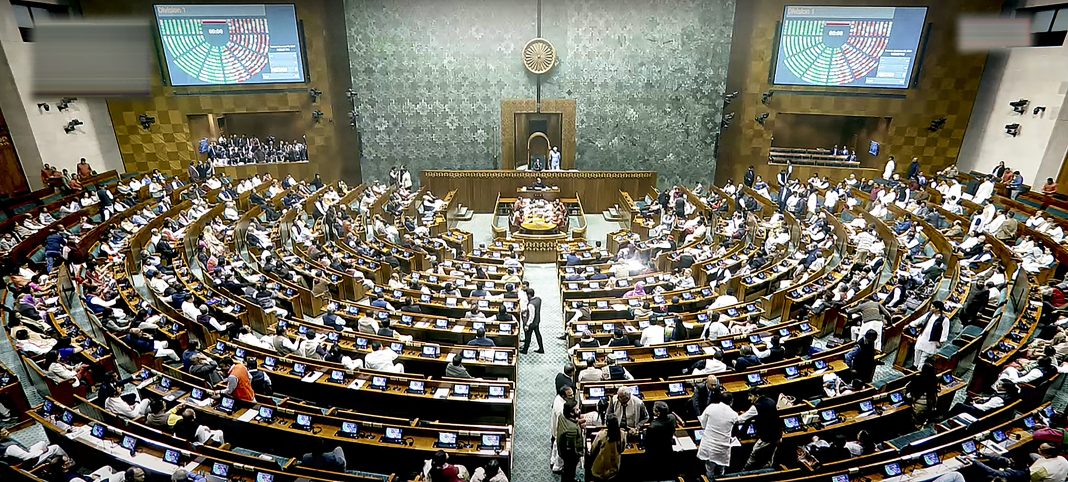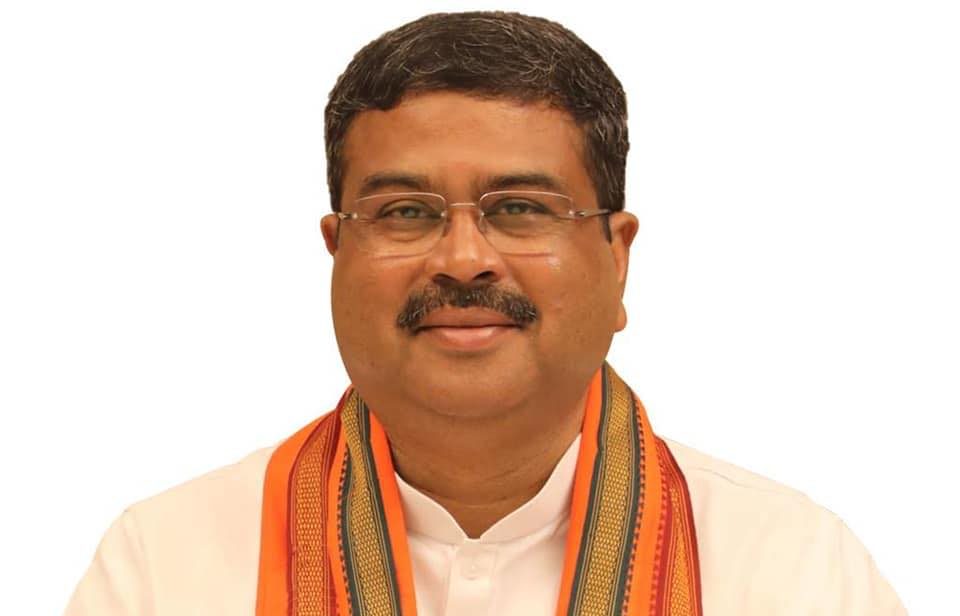New Delhi, Dec 17: Two bills that lay down the mechanism to hold simultaneous elections were introduced in the Lok Sabha after a fiery debate on Tuesday.
Opposition parties dubbed the draft laws — a Constitution amendment bill and an ordinary bill — as an attack on the federal structure, a charge rejected by the government.
The bills were introduced after the opposition sought a division of votes. After electronic voting and a subsequent count by paper slips, the bills were introduced with 269 members in favour and 198 against.
This was the first time that the electronic voting system was used in the Lok Sabha in the new Parliament House. The proceedings were later adjourned for a little over an hour till 3 pm.
PM favoured referring bill to JPC for wider discussions: Shah tells LS Prime Minister Narendra Modi favoured detailed discussion at every level on the ‘one nation, one election’ bill and wanted it to be referred to a Joint Committee of Parliament, Home Minister Amit Shah said on Tuesday.
Shah made the remarks in Lok Sabha when the House was hearing objections to the introduction of the Constitution (129th Amendment) Bill that seeks to usher in simultaneous polls to the Lower House and state assemblies.
“When One Nation, One Election bills came up in Cabinet, PM Modi said these should be referred to the Joint Committee of Parliament. There should be a detailed discussion over it at every level,” Shah said.
The home minister pointed out that DMK member T R Baalu too had favoured referring the bill to a parliamentary committee. Shah said the bill can be discussed in greater detail in the Joint Committee of Parliament.
The report of the JPC will be approved by the Union Cabinet and the Bill can be discussed again in Parliament, he said. The Constitution (129th Amendment) Bill was introduced in Lok Sabha following a division of votes. The Union Territories Amendment Bill seeks to align the elections to the union territories Puducherry, Delhi and Jammu & Kashmir with the Lok Sabha polls. (PTI)




